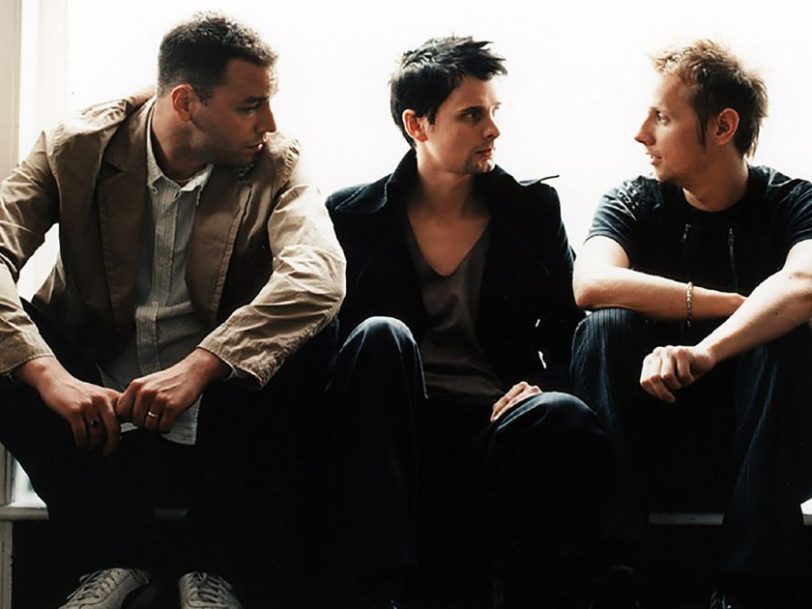As the world grappled with the aftermath of 9/11 and the ominous spectre of the Iraq War, Muse’s third studio album, Absolution, saw the Devonshire trio respond to turbulent times with a visionary work of dystopian fervency. A masterful blend of soaring melodies, evocative lyrics and suitably grandiose orchestration, the album tackled religious themes with doom-laden vigour and cataclysmic intensity. Showcasing the group’s innate virtuosity and Matt Bellamy’s conspiracy-filled lyrics, it also gave voice to the collective angst of a generation.
This is the story of how Absolution became a milestone release for Muse, triggering an earthquake that forever changed the landscape of alternative rock.
Listen to the ‘Absolution XX Anniversary’ box set here.
The backstory: “It felt the way it was in the beginning when we were just having rehearsals”
In many ways, it was the calm before the storm. After wrapping up their Origin Of Symmetry Tour at Reading And Leeds Festival in 2002, Muse decided to take a well-earned break before starting work on their third album. Up until now, the band’s unstoppable rise to fame – capped off by their UK Top 20 hit single Plug In Baby – had left them windswept and exhausted, so granting themselves the luxury of rest promised to give the bandmates some creative breathing space.
With more free time on their hands, bassist Chris Wolstenholme spent time in Teignmouth with his young children, while drummer Dominic Howard and frontman Matt Bellamy reconnected with their girlfriends. “It felt the way it was in the beginning when we were just having rehearsals,” Bellamy told Rock Sound magazine. “We had no pressure and we decided that we weren’t going to record anything until we had the stuff.”
In September 2002, the band tentatively entered AIR Studios, in London, to meet with producers John Cornfield and Paul Reed, where they laid down early recordings of future Absolution highlights Butterflies And Hurricanes and Blackout. At this point, no one was in any rush to finish a new album, but within a matter of weeks the group had made the executive decision to hire another producer to help them steer the course. Enter Rich Costey.




